Korean Peninsula heading toward rapprochement?
Signals are emerging that an ongoing rapprochement, which is a by-product of the Winter Olympic Games, could finally help defuse tensions on the Korean Peninsula that had reached the tipping point. Faced with speculations that the North may be taking advantage of the opportunity to drive a wedge between close allies Seoul and Washington, the US has shown a mild interest in the idea of holding direct negotiations with Pyongyang.
The détente movement began last month after Pyongyang announced its willingness to participate in Winter Olympics in South Korea; a decision that led to a historic visit to the South by a high-level North Korea delegation, during which an invitation was extended to President Moon Jae-in for a visit to Pyongyang.
Pyongyang's delegates, among them North Korean leader Kim Jong-un’s younger sister Yo-jong, concluded the three-day visit on Sunday and returned home.
An attempt at mending fences?
In a statement issued on Monday, the South Korean Unification Ministry said Seoul would try to arrange more reunions for families separated by a heavily-militarized border since the three-year Korean War came to an end in 1953.
The ministry said South Korea is also seeking to lower military tensions with its northern neighbor.
“(The visit) shows that North Korea has a strong will to improve inter-Korean relations and that Pyongyang can make unprecedented and bold measures if deemed necessary,” it added.
In the meantime, President Moon is said to be considering the North's invitation to a summit meeting later this year.
According to the presidential Blue House, Moon replied to the invitation by saying, “Let’s create the environment for that to be able to happen.”
If that happens, such a meeting would mark the first inter-Korean talks in more than 10 years.
Moon has been pushing both North Korean officials and a US-delegation, led by Vice President Mike Pence, during their visit to his country, to sit down for diplomatic talks at the earliest opportunity.
Washington open to talks: Pence
In an interview aboard Air Force Two on the way home from the Winter Olympics in Pyeongchang, US Vice President Mike Pence told The Washington Post that the administration of President Donald Trump would be open to possible talks with the North.
Pence said Washington and Seoul have agreed on terms for further diplomatic engagement with North Korea, first with Seoul and then possibly leading to direct talks with Washington without preconditions.
He added that he reached the new understanding with Moon in two substantive conversations during his last week visit to South Korea.
At the same time, the vice president, reiterated Washington’s tough stance towards North Korea, saying the Trump administration would keep up its “maximum pressure campaign” on Pyongyang to force the country to stop its nuclear weapons program.
“The point is, no pressure comes off until they are actually doing something that the alliance believes represents a meaningful step toward denuclearization,” Pence was quoted as saying. “So the maximum pressure campaign is going to continue and intensify. But if you want to talk, we’ll talk.”

Delegation's 'meaningful trip' praised in North
Inside North Korea, state media described the high-level delegation’s visit to South as a “meaningful” trip that improved stalled inter-Korean relations.
“The latest trip by the high-level delegation served as an important occasion in improving relations between North and South Korea, and setting up an environment for peace on the Korean Peninsula,” wrote North Korea’s state newspaper The Rodong Sinmun on Monday.
Inter-Korean relations, however, are being threatened by the resumption of the US-South Korean military exercises in April.
The two agreed to put off the drills until after the February 9-25 Pyeongchang Olympic Games and the March 9-18 Paralympics.
The North views such joint drills as a rehearsal for war on the country. It has vowed to keep up the development of its nuclear and military programs as a deterrent against foreign aggression.
'Capitulation': Israeli officials and media concede Gaza defeat as truce unfolds
'Gaza has won': Social media users react to ceasefire with mix of relief, joy
Iran seeks South Korea’s assistance for AI, fiber-optic projects
VIDEO | Iran's 'Eqtedar' (Power) maneuver
Israel hits HTS military target in Syria for 1st time since fall of Assad
VIDEO | Press TV's news headlines
Israel has slaughtered 13,000 students in Gaza, West Bank
VIDEO | More Zionist than Zionists: Biden’s legacy to be defined by Gaza genocide




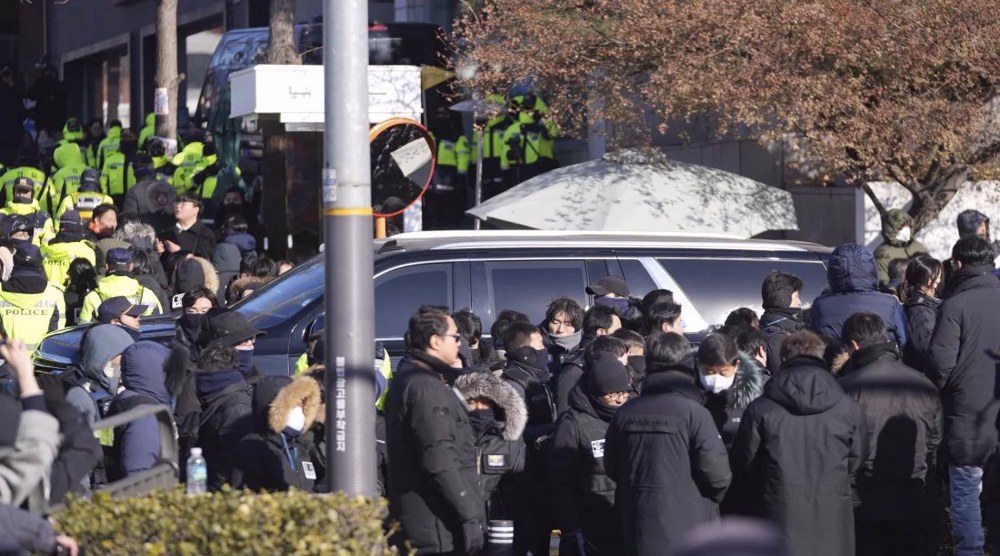
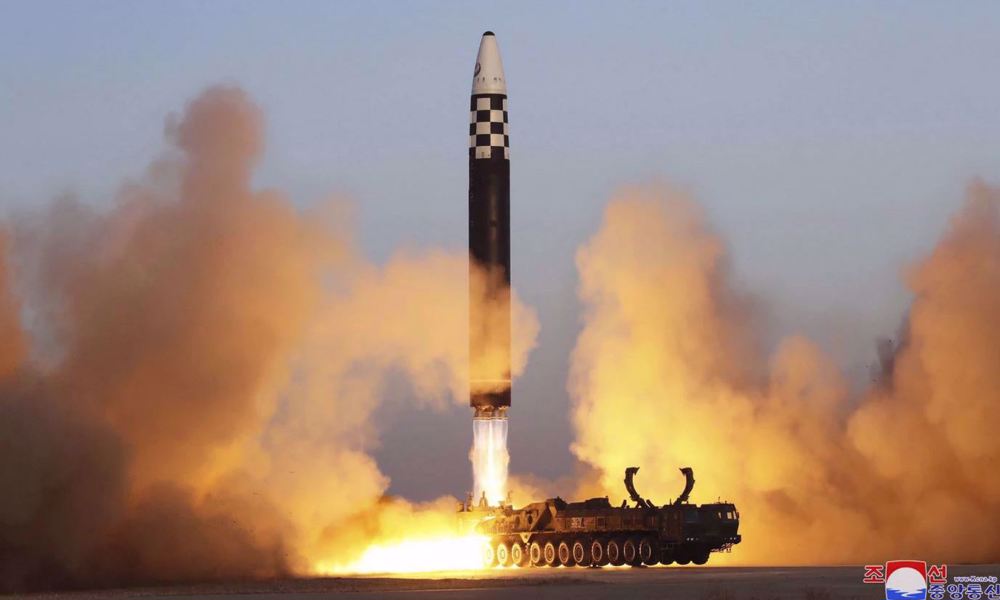
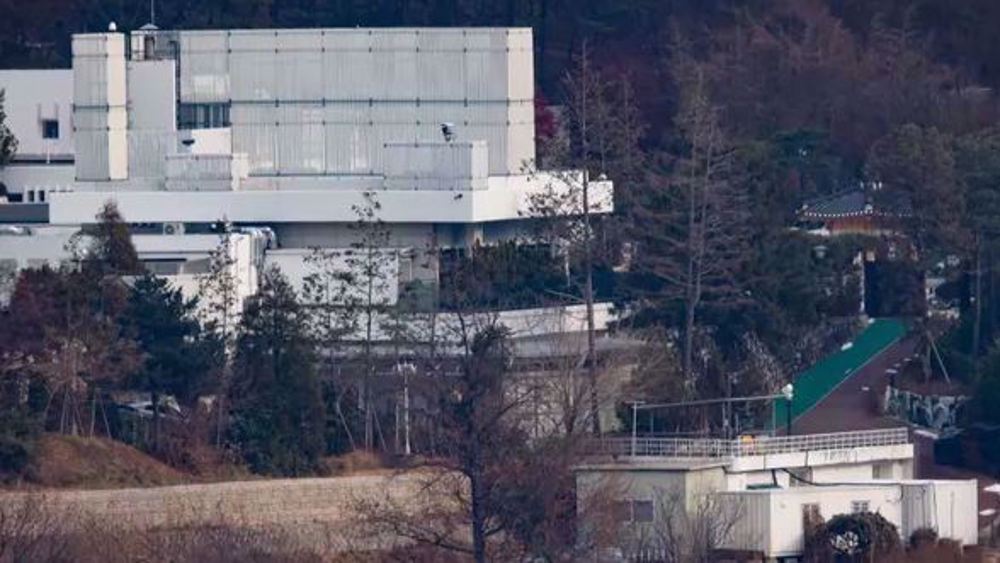



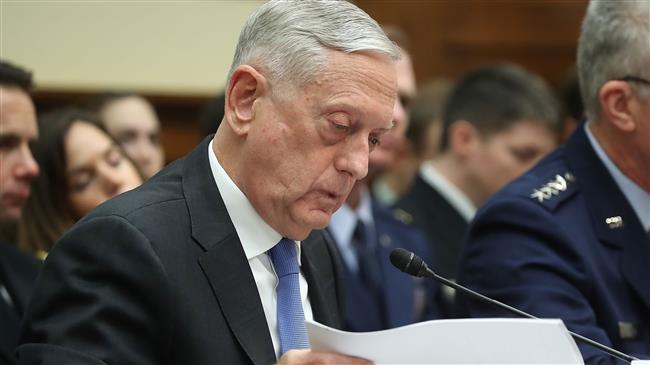
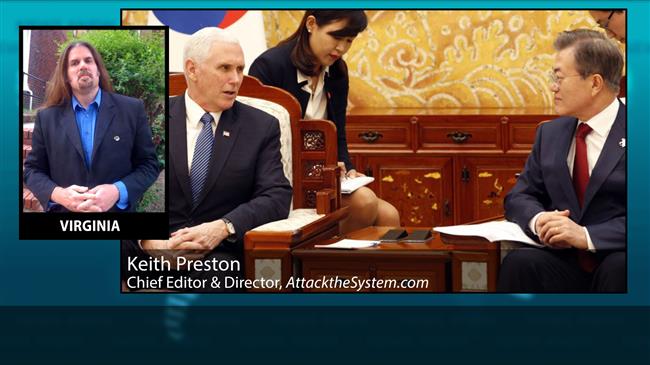
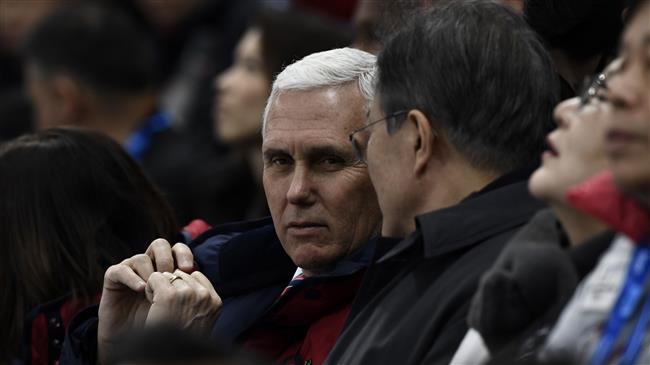


 This makes it easy to access the Press TV website
This makes it easy to access the Press TV website